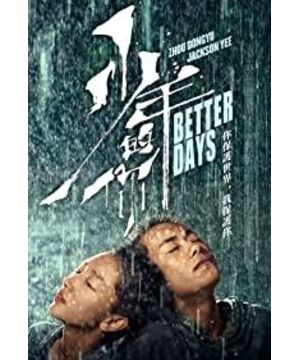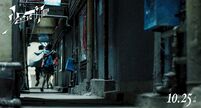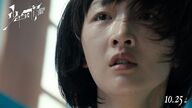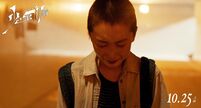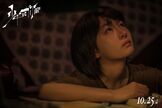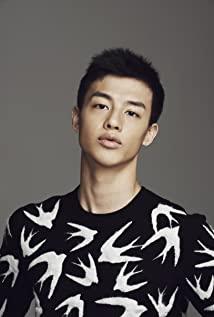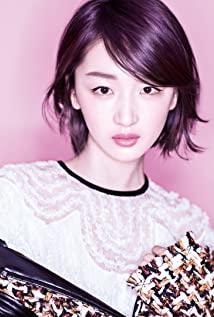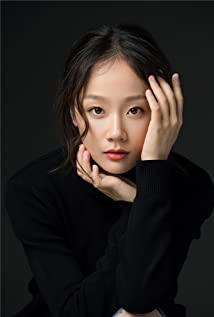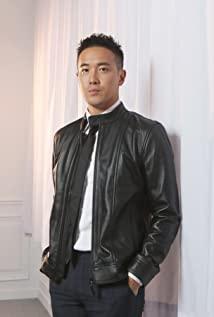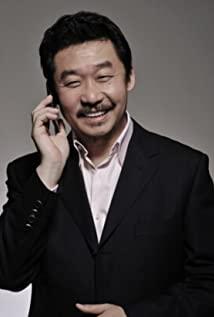After being bombarded by various "movies" that are not much different from light pollution, domestic cinema chains waited for "Youth of You", which was repeatedly withdrawn. I was fortunate enough to read this work "a real and serious discussion of school bullying" in the atmosphere of screen photography, mobile phone light and happy communication. And after reading it, I sincerely sigh, this deserves to be this year's explosion.
In terms of theme, Zeng Guoxiang chose a topic that can trigger social discussion "campus bullying". In terms of the form of "campus bullying", a more extreme and tragic one was chosen, and a shallow discussion was conducted on it.
Because the vast majority of social roles have participated in or watched "campus bullying", or are themselves bullied in "campus bullying". Such a topic selection is very clever (Guo Jingming also has this kind of smart consciousness, but unfortunately his performance is not good). In fact, "bullying" is not limited to campuses, but extends to the workplace, the Internet and race. And "bullying" has so many forms, complex inside stories, and bizarre reasons that a dictionary can be created. Sometimes the bully doesn't even realize that he is doing evil; sometimes the bullied chooses to forget; sometimes the bullied is also the bully. Of course, the film chooses the group bullying based on the difference between the rich and the poor, which is most likely to attract attention. And grasped the core point of it, in collective bullying, the departure of a bullied person will make the next weak person take this position. At this time, a shallow discussion of a single incident is more convenient for the film to spread among the bullying and the bullied audience.
From a photographic point of view, the montages are heavily used, the processing is relatively leaky, and there are occasional very beautiful designs.
A lot of montages are used for girls falling from buildings, undressing incidents, daily life, interrogations that drive the story most, and college entrance examinations. This kind of processing facilitates the stacking of nervous emotions, incites the opposition of identities, and most importantly, paralyzes thinking and ignores its rationality. When I was watching the movie, I was very sweaty for the heroine. When I went out to the theater, I would think that it is too awesome. I just finished killing a person and can get more than 600 points in the college entrance examination? Isn’t it true that all their classmates know that Xiaobei is her protector Can you take off Xiaobei's clothes when she's not around? How come no one can prove they know each other? The face of Zhou Dongyu's close-up is clearly full of doubts, and he almost didn't write "who can help me?" on his face. This kind of treatment is powerful enough, but it must be said externally, Maybe it's because you're afraid your audience won't understand it. I really like the part where two people shave their heads, it's much more advanced than the symbiosis depicted in many movies adapted from Higashino's own novels.
In terms of characters, the complexity of the characters is added to the performance of the actors, and the setting of the villain is masked. Actors and nomenclature with Easter egg nature are adopted.
Zeng Guoxiang de-individualized the characters, omitting the personal part of Chen Nian (compared to the personal interests of Li Wanhui listening to rock music in headphones and wanting to go to the Science Palace in "Dog Thirteen") to enlarge her and all the personal interests. Commonalities of bullied people. "I am not the God of Medicine" also has this treatment, removing Xu Zheng's personal side and amplifying his commonality with all middle-aged failed men. This way of handling is undoubtedly an explosive feature. Zhou Dongyu and Yi Yangqianxi are praised here, both of them can use their performances to speak to the audience. Zeng Guoxiang's ability to train actors is really first-class. Regarding Wei Lai, even if Zeng Guoxiang is full of intentions (for example, through the dialogue between the police and Chen Nian in the car, but this is too Japanese, which normal person would say such a second-class word), it must be said that she is a complete villain, isn't it? a character. The most important thing is that Zhou Dongyu is a perfect victim. She has the right to question the world, but isn't an imperfect or even hateful victim like Wei Lai worthy of questioning? What's the difference between this and some microblogging arguments? Homophonic stems such as the future, justice, and ideal are chosen in the character naming. Reminds me of "Suicide Shop" someone called Nagisa Oshima. And my lovely Juejue, what the hell are you doing with your bald head?
In terms of atmosphere creation, efforts were made to restore some useless details. It is convenient for "deep analysis".
In the film, the details of the college entrance examination papers, the iron bars after death, and the changing of the table are all praised by everyone. In my opinion, they are all shameful means to control the atmosphere and use symbols to construct an imaginary campus (Wang Xiaoshuai "Forever" also has such flaws).
From the main creative team, there are powerful Xiaohua Zhou Dongyu; transformation idol Yi Yang Qianxi; star second generation Zeng Guoxiang; Lu Kaitong's female lover and rare female photographer Yu Jingping; Wen Qing loves Huang Jue. Perfect for attracting powder to all groups.
In other respects, what interests me the most is the fact that the villain heard that many recent domestic films have the role of a single mother, whether it is an unconscious collective presentation of the absence of patriarchy. Just like the presentation of ghosts by many directors after the sixth generation ("Mystery of the Floating City"), or the presentation of trains by Korean directors ("Mints").
Regarding the plagiarism and reposting of the original work, I don't want to be forgotten, but I don't want to measure it with simple right and wrong. Whether I like the work or not, or whether the original novel is suspected of plagiarism, I am happy. Even if one person sees this movie and starts to reflect on himself, or maybe walk out, or lend a helping hand, it is a good thing.
View more about Better Days reviews


